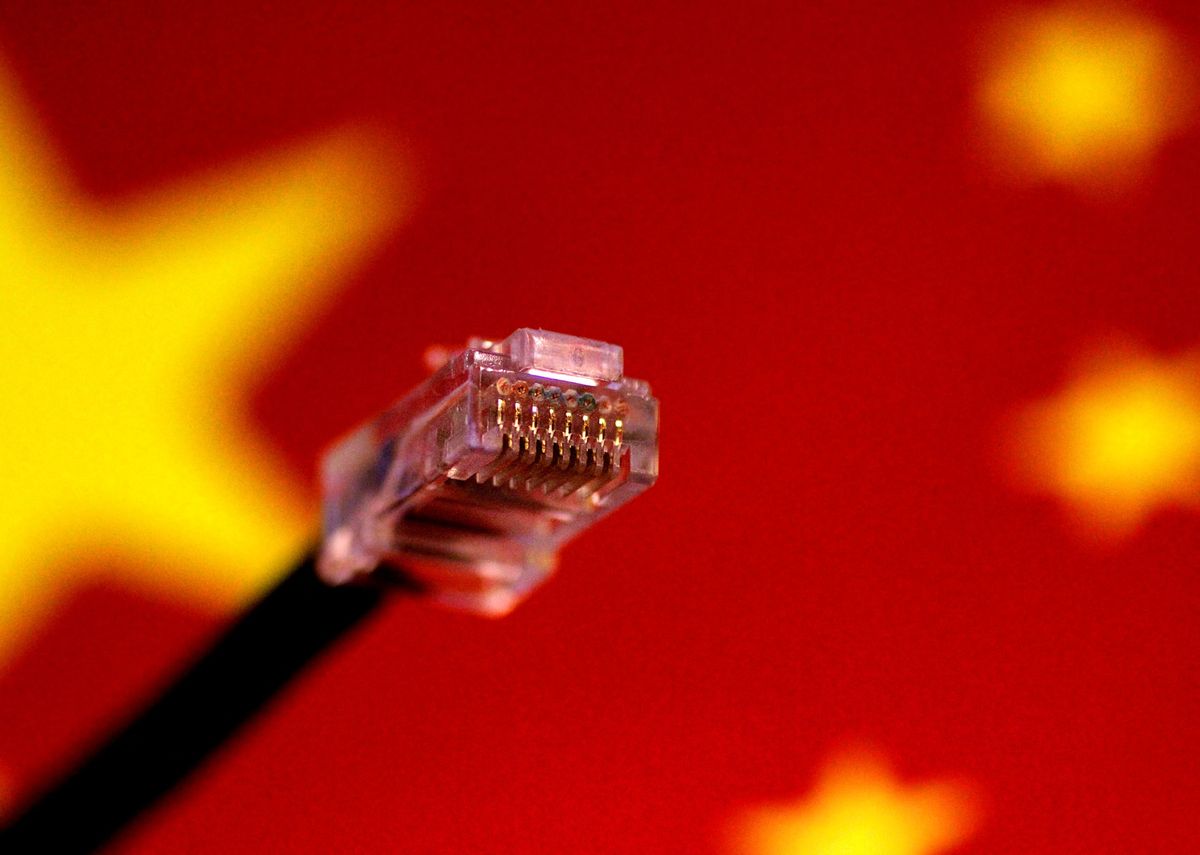China’s “anti-corruption drive" continues

A few minutes every morning is all you need.
Stay up to date on the world's Headlines and Human Stories. It's fun, it's factual, it's fluff-free.
The background:
- China President Xi’s commitment to cracking down on corruption has been a prominent feature of his political brand.
- He started the country’s biggest anti-corruption campaign in the history of Chinese Communist Party (CCP) rule in the country back in 2012, which has led to the indictments of hundreds of thousands.
- He then launched an anti-corruption campaign in 2018 with the slogan “Saohei chu’e," (扫黑除恶) meaning “sweep away black and eliminate evil." This wrapped up after three years.
The development:
- Now, in an official Chinese government announcement following a full-blown CCP meeting with the top anti-corruption group, the government said that it wouldn’t give in to political and interest groups within the government and will investigate further corruption driving the unchecked expansion of capital and monopolies, like tech giants.
- This targets state-owned enterprises and the financial sector. It is more bad news for the nation’s tech giants that are already a little irked from government crackdowns.
- In an article published by state-owned media outlet Xunhua News Agency, it wrote, “Calling for unswerving efforts to deepen the anti-corruption drive, the plenum stressed that no mercy will be shown to those who run or are engaged in political factions, cliques or interest groups within the Party, and strict standards will be adopted to educate, manage and supervise young officials."
- Meanwhile, lawmakers and big tech aren’t exactly on the best terms in the United States, either. The Senate Judiciary Committee, which has a range of duties (one of which is to review laws), approved a bill on Thursday that would stop tech giants from giving preference to their own businesses on their websites. However, it still has to pass in the Senate.
- Matt Schruers, president of the Computer and Communications Industry Association, criticized the bill and doesn’t think it will pass in the Senate, saying, “Antitrust policy should aim to promote consumer welfare – not punish specific companies."
- The advocacy group Consumer Reports, on the other hand, said it was good to “reset the power asymmetry between Big Tech, consumers and small businesses."
You drive the stories at TMS. DM us which headline you want us to explain, or email us.







Comments ()